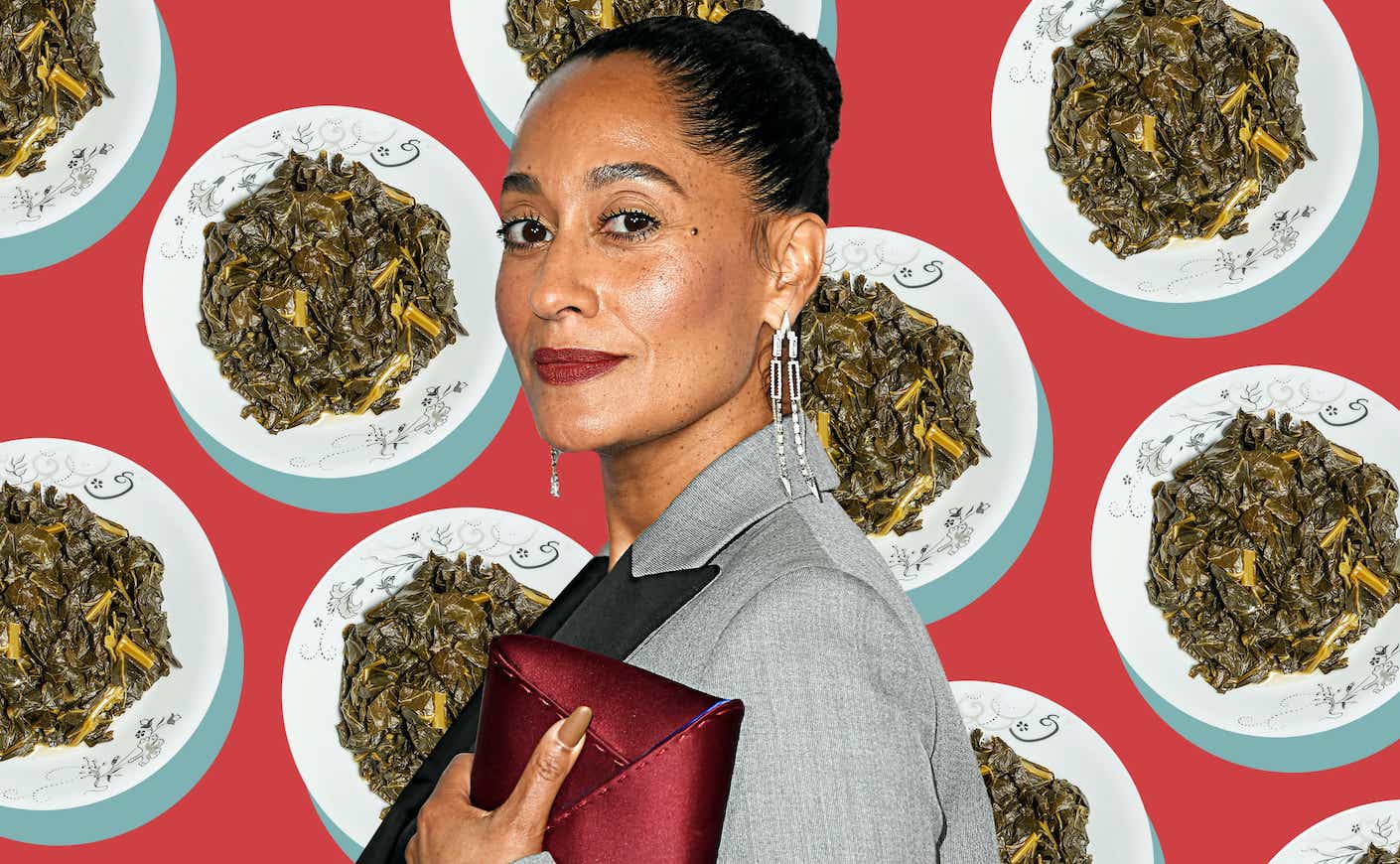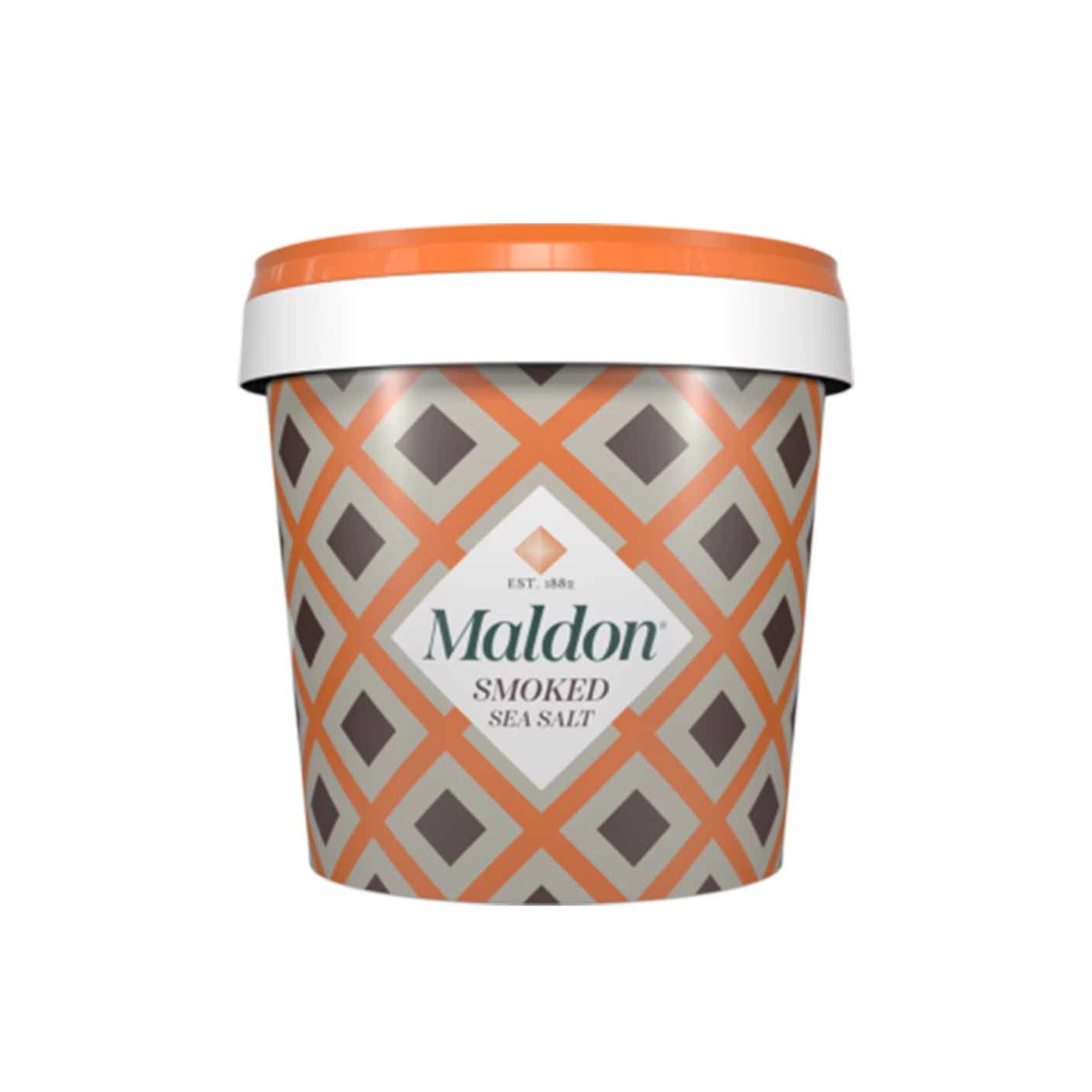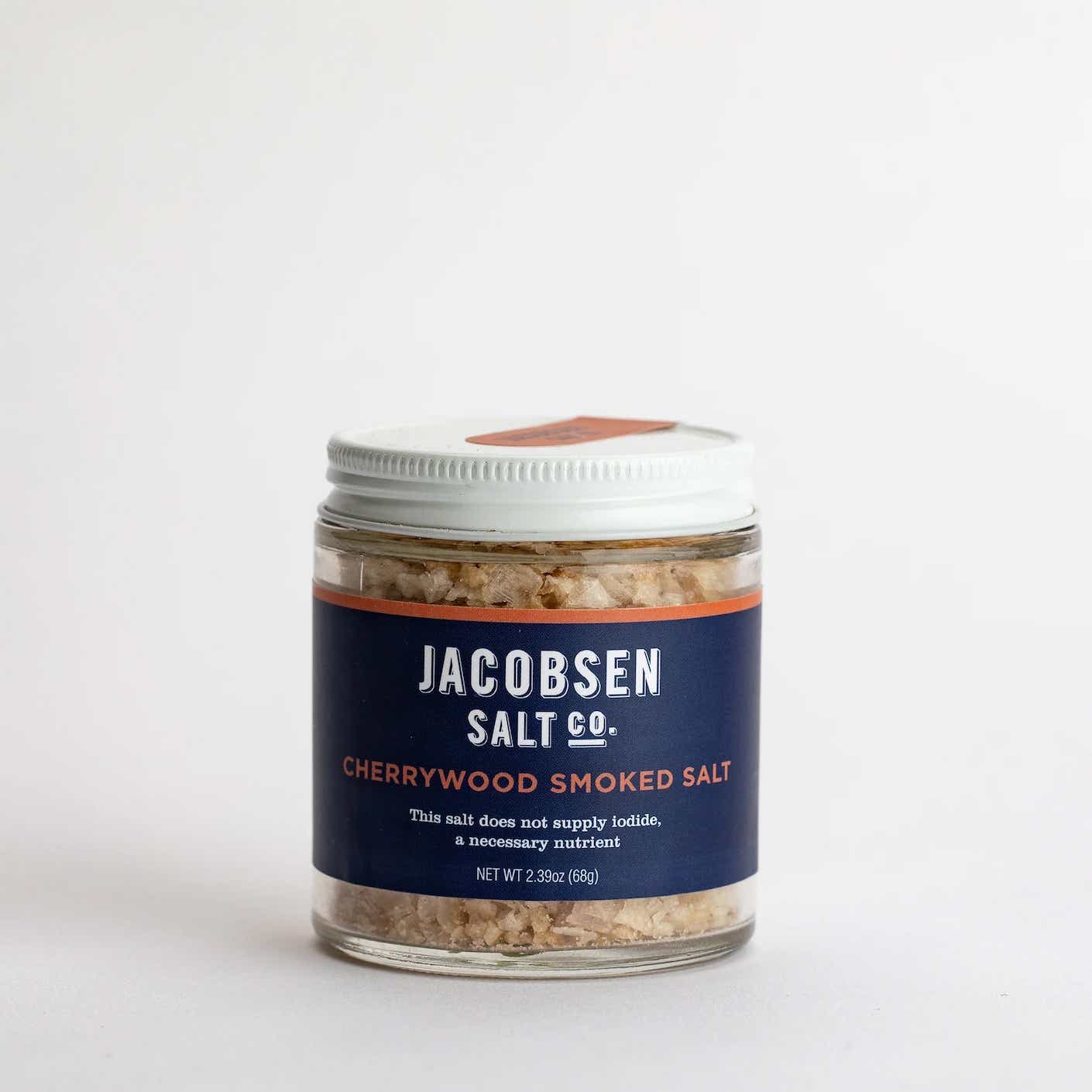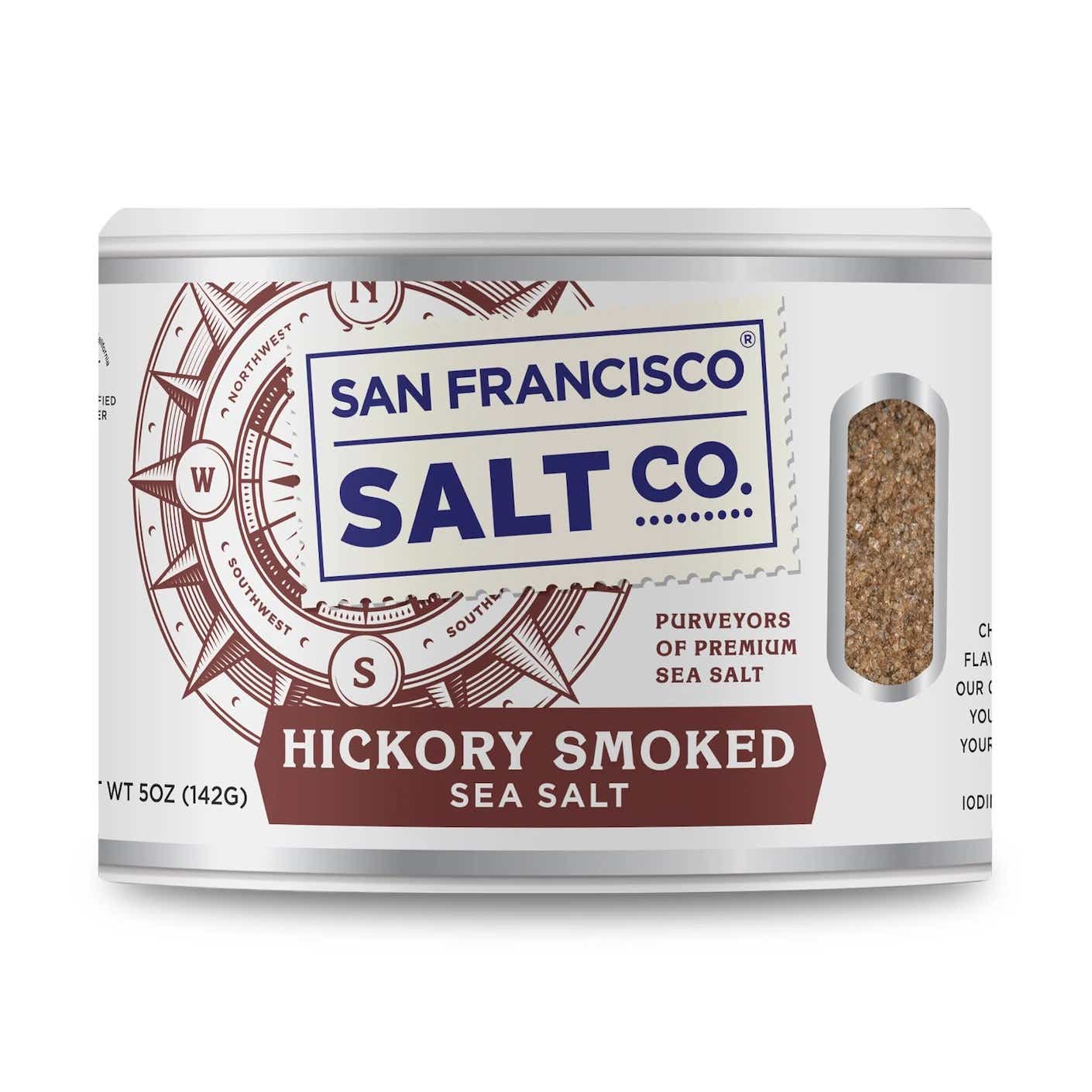We have good news for anyone who’s giving up meat for lent: One of our favorite stars has a helpful trick for keeping collards completely plant-based without compromising that comforting, smoky flavor that devotees know and love. Because of course actress and haircare entrepreneur, Tracee Ellis Ross, also happens to be a fabulous home chef.
Ross appeared on Desus & Mero a few years ago to talk about her hit show black-ish, her favorite sneakers, and her mother (watch the trio’s hilarious chat for insider anecdotes about being raised by Diana Ross). Between laughs, Ross gives out gems of cooking advice when discussing the family’s Thanksgiving setup. And luckily, you can easily integrate her collard green guidance into your usual repertoire — whether you’re bringing new life to an old family recipe or are starting a new tradition.
According to the interview, matriarch Diana is on turkey, black-eyed peas, and stuffing duty for major holidays. Meanwhile, mac ‘n cheese and collard green duties fall to her kids — though divvying up the work doesn’t get easier with age: “We fight over who does the greens and who does the mac ‘n cheese.”
When she’s in charge of the collard greens, Ross says that she has to make meat-free adjustments because “there’s a lot of vegetarians in our family now.” As a result, she nixes additions like bacon or smoked turkey.
However, her key to approximating those traditional flavors is seasoning: “I found a smoked salt that literally tastes like you used a turkey neck.” During the interview, Ross can’t remember the name of the exact brand she uses, but we tracked down impeccably reviewed smoked salts that you can use for a variety of kitchen projects. And Ross’s hack involves minimal online ordering since the remaining ingredients — like vinegar — can remain the same.
Ross also adds a reminder that it’s important not to be too generous with your seasoning (at least not at first). Ross points out that the volume of the greens will change as water cooks out: “The key is to not over season while they’re cooking. Because before they cook down, if you over season they can get too salty really fast.” Remind yourself that you can always add, but you can’t remove.
And before you get started, Ross has a quick note about preparation that’s helpful regardless of how you cook your greens. To prevent uneven cooking, prepare the toughest parts of the greens first: “I like to take all the necks — like the spine of the collard green — and chop all those up really small. I start with the teeniest bit of water and I let all those soften first.”
No matter how you experiment, feel free to pat yourself on the back because of your phenomenally healthy choice. After all, collards are full of nutrients like vitamin C. Oh, and if you somehow have some leftovers, just remember Ross’s final words of wisdom: “They’re always better day-two, anyway.”
















